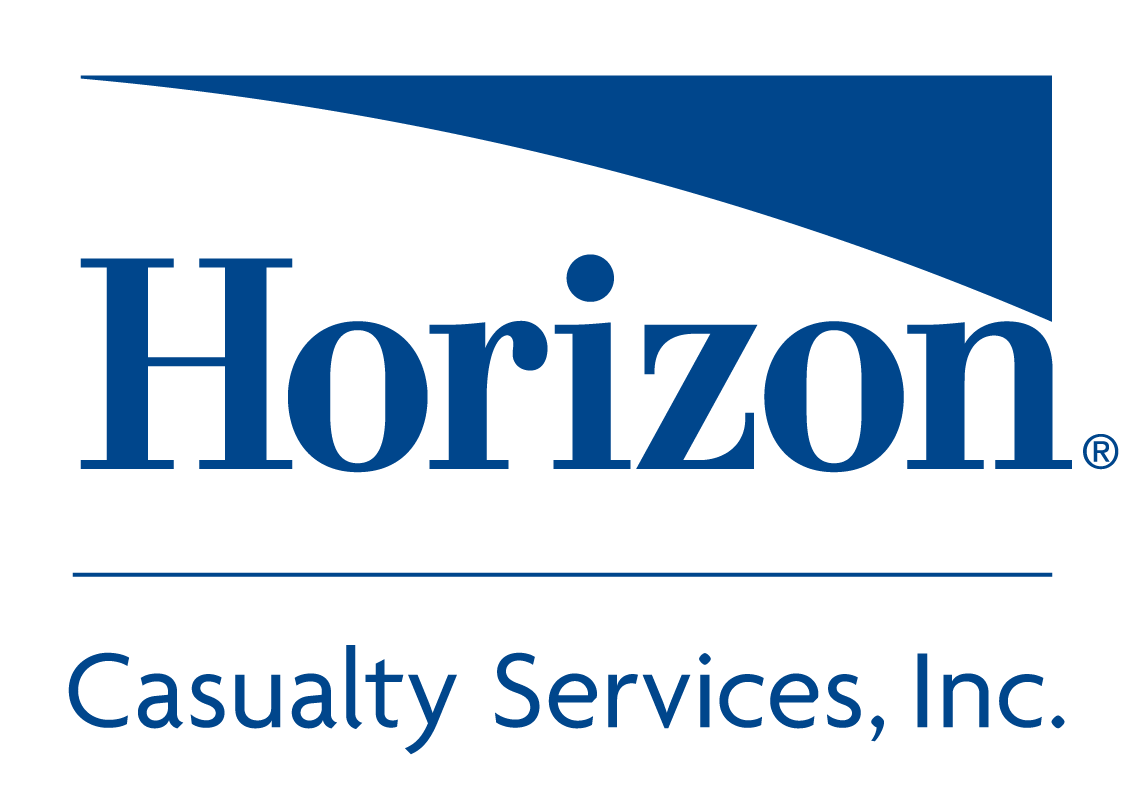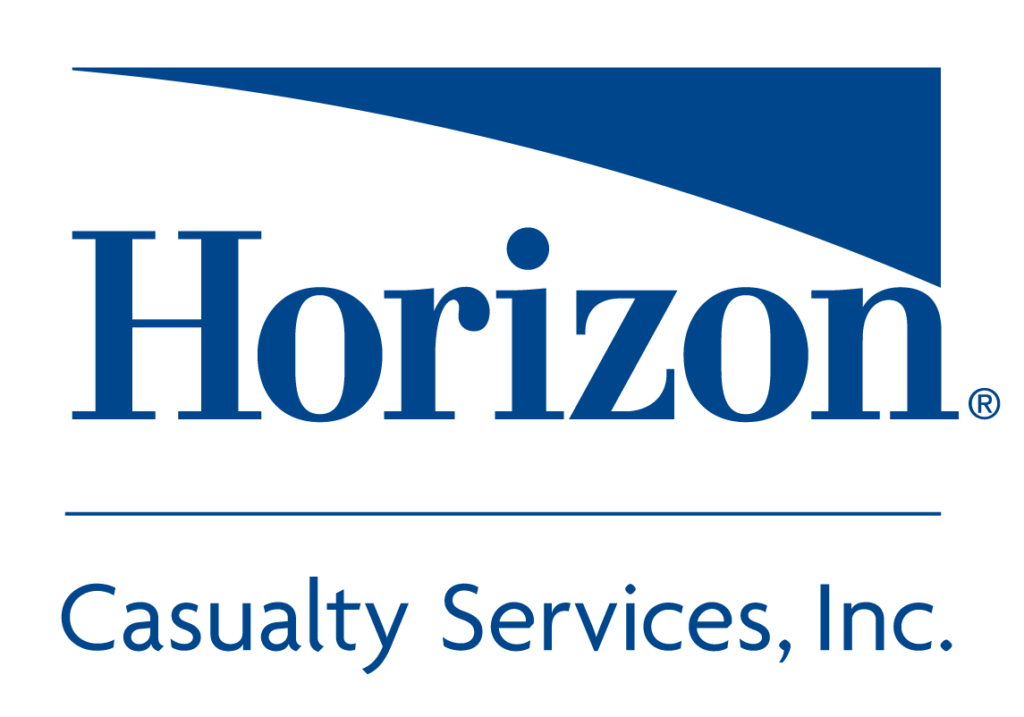Share This Article:

N.J. Contractor’s Lack of Workers’ Compensation Coverage Doesn’t Allow Worker to Escape Exclusivity Rules
12 Dec, 2023 Frank Ferreri

Egg Harbor City, NJ (WorkersCompensation.com) -- An employer's failure to carry workers' compensation insurance where its required can lead to many consequences.
However, as was the case in Heuman v. Heuman, No. A-1593-21 (N.J. Super. Ct. App. Div. 12/11/23, unpublished), in New Jersey, it doesn't negate the applicability of the exclusive remedy provision of state workers' compensation law.
A worker was asked by his cousin, a masonry contractor, to help perform work on a contracted job building a house. The worker had to use a mortar mixer to mix mortar and grout for the foundation of the house.
Because the mixer was missing a recoil spring, whoever operated it had to remove the protective cover, wrap a pull cord with a handle around a pulley, and tug.
When the worker was using the machine in this fashion on the job one day, the pull cord got stuck in the motor and the handle struck the work in the eye at a speed of as fast as 114 miles per hour.
The worker's eye ruptured and, after two surgeries, he lost the eye and needed a permanent prosthetic. As it turned out, the contractor wasn't aware that he was required to carry workers' compensation insurance.
The worker initially filed a workers' compensation claim before bringing a tort action.
At trial, the court granted the contractor's motion for summary judgment, concluding that the worker's claims were barred by New Jersey's workers' compensation act.
The worker appealed, arguing that because the contractor didn't purchase workers' compensation insurance the court erred their claims were barred under the act.
In New Jersey, the workers' compensation act provides an exclusive remedy for injuries sustained in an accident arising out of an in the course of employment.
While the act imposes a requirement on employers to carry workers' compensation insurance but also addresses scenarios in which an employer fails to purchase the mandated coverage. Specifically, New Jersey's Uninsured Employers' Fund to provide for the payment of awards against uninsured employers.
Workers' Comp 101: The penalty for an uninsured employer is $1,000 for each claim where an employer fails to secure the payment of compensation along with an additional 15 percent of the awards made in each claim up to $5,000 per claim.
Thus, the court rejected the worker's argument that the exclusive remedy rule did not apply because the contractor did not carry workers' compensation coverage.
"The purpose of the WCA is to provide for an 'exclusive remedy' for employees' injuries obtained in the course of their employment," the court wrote. "In its effort for the WCA to provide this singular avenue of recovery, the Legislature contemplated instances in which employers would either fail to provide coverage or refuse to compensate their employees in accordance with the statute"
The court also analyzed whether removing the guard on the mixer was an "intentional wrong" within the meaning of the act, which would trigger an exception to the exclusive remedy provisions of the law.
To make such a showing, the employee must establish the employer knew that its actions were substantially certain to result in injury or death to the employee.
The worker in this case didn't establish that the contractor's actions satisfied "the high bar to apply the intentional wrong exception" because:
(1) The evidence did not establish that the contractors knew use of the modified mixer was substantially certain to result in injury
(2) The testimony of the worker and the contractor reflected that the modification of the mixer was a common practice in the industry
As a result, the appellate court upheld the trial court's ruling.

california case management case management focus claims compensability compliance courts covid do you know the rule emotions exclusive remedy florida FMLA fraud glossary check health care Healthcare hr homeroom insurance insurers iowa leadership medical NCCI new jersey new york ohio osha pennsylvania roadmap Safety state info technology texas violence WDYT west virginia what do you think women's history women's history month workcompcollege workers' comp 101 workers' recovery Workplace Safety Workplace Violence
Read Also
About The Author
About The Author
-
Frank Ferreri
Frank Ferreri, M.A., J.D. covers workers' compensation legal issues. He has published books, articles, and other material on multiple areas of employment, insurance, and disability law. Frank received his master's degree from the University of South Florida and juris doctor from the University of Florida Levin College of Law. Frank encourages everyone to consider helping out the Kind Souls Foundation and Kids' Chance of America.
More by This Author
Read More
- Apr 18, 2025
- Claire Muselman
- Apr 18, 2025
- Chris Parker
- Apr 16, 2025
- Frank Ferreri
- Apr 16, 2025
- Claire Muselman
- Apr 16, 2025
- Chris Parker
- Apr 16, 2025
- Chriss Swaney




